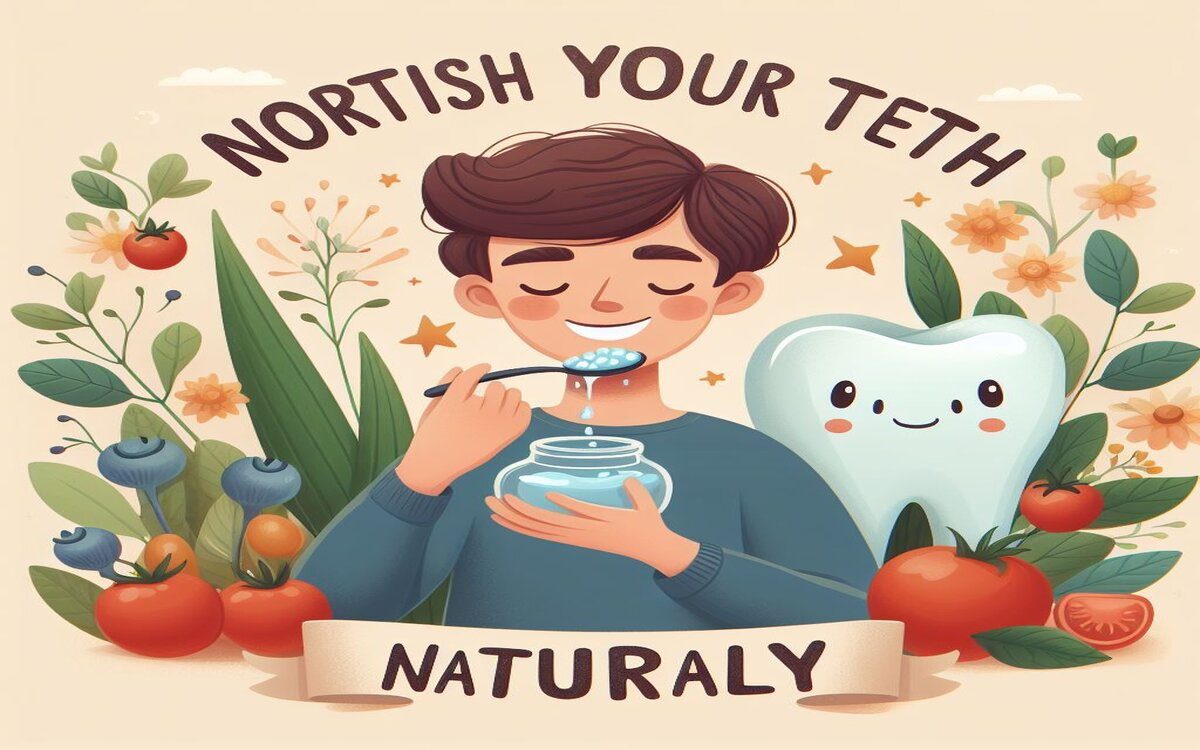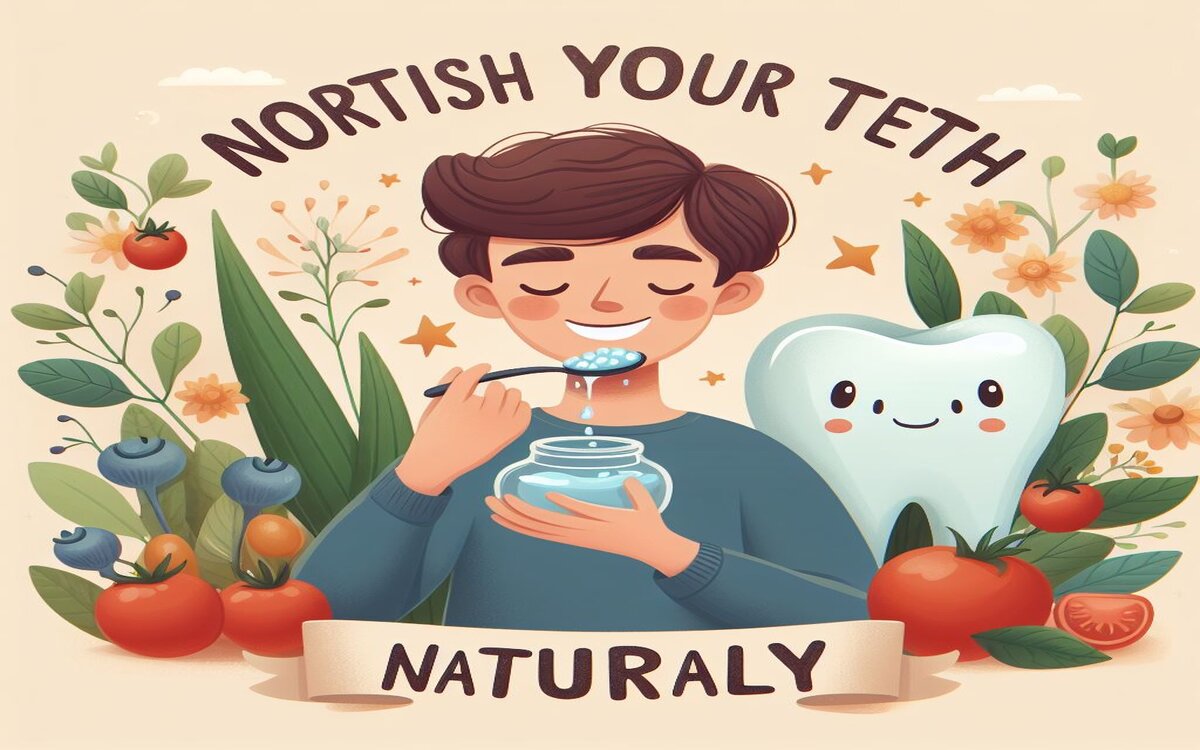Table of Contents
ToggleIntroduction:
A bright smile goes beyond looks when you Nourish Your Teeth Naturally; it reflects oral hygiene. Among the oral care routines and dental products, remineralization stands out as a natural and effective way to nourish your teeth. This comprehensive guide, to remineralization, explores the importance of strengthening your teeth through remineralization. Provides tips for integrating a diet focused on remineralization into your daily routine.
Understanding Remineralization:
The protective layer covering your teeth while quite strong can wear down slowly. Remineralization involves replenishing minerals, like calcium, phosphorus and magnesium to make the enamel protecting it from decay and harm. This holistic method of care highlights the body’s healing and rebirth capabilities providing a long-lasting way to keep your teeth healthy and robustRemineralization Diet Essentials:
Foods Full of Calcium:
Teeth need calcium to be strong. You’ll find it in items like milk, cheese, leafy greens like kale, and broccoli, and milk from plants fortified with nutrients. By adding these to your meals, your tooth enamel gets a solid boost!
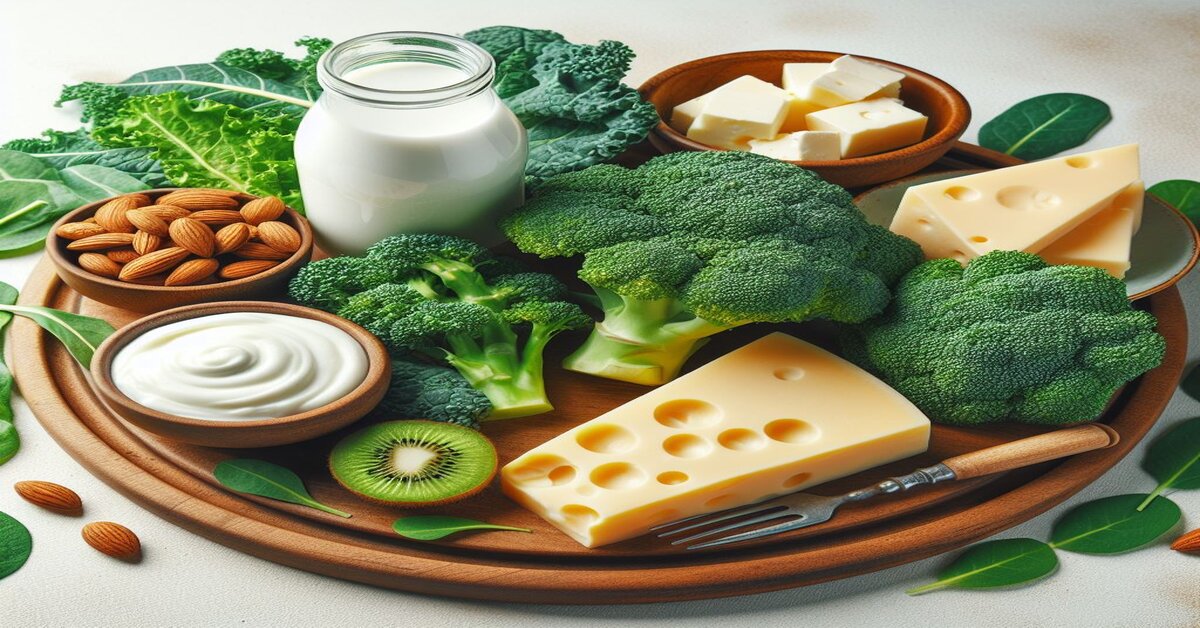
Value of Phosphorus:
Like calcium, phosphorus boosts enamel’s toughness. Foods like fish, lean meats, nuts and seeds offer plenty of it. Eating these nourishes your teeth’s remineralization.
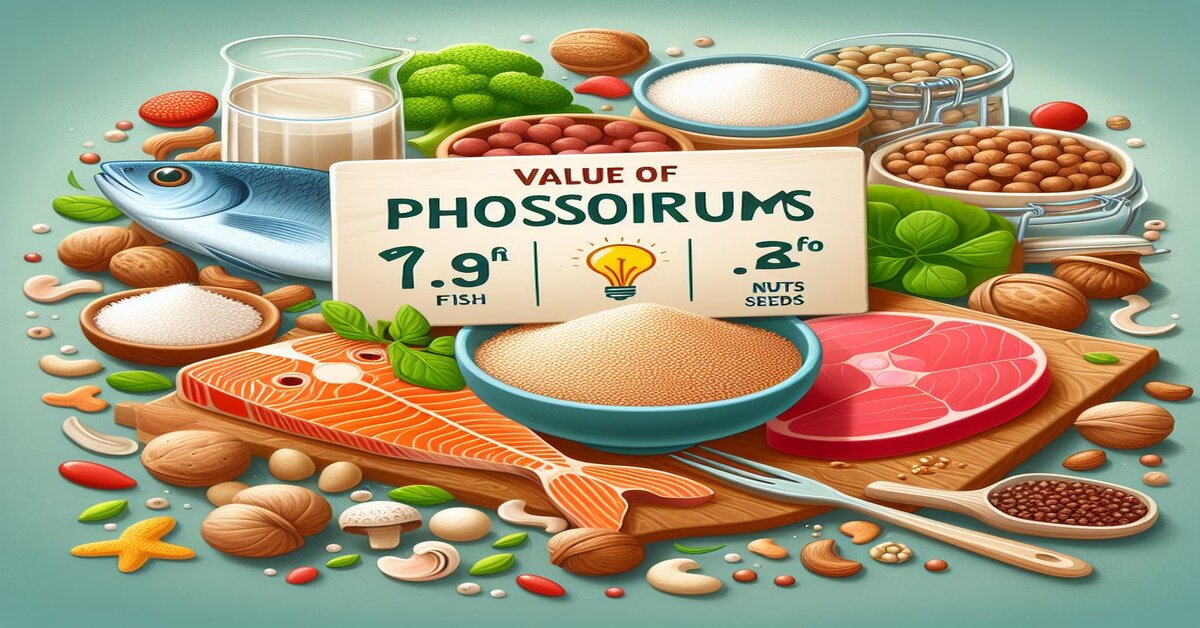
Get a Jump on Vitamin D:
Vitamin D helps your body soak up calcium, crucial for the natural repair of teeth. Sunlight, fatty fish including salmon and mackerel, or vitamin D supplements can give you a boost.

Don’t Forget Magnesium:
Its Contribution? Magnesium is part of forming the hard structure of teeth. You can get it from almonds, cashews, whole grains, and leafy greens to step up your dental health.
Pay Attention to Vitamin K2:
It’s in fermented foods like sauerkraut and natto. Vitamin K2 helps direct calcium to your bones and teeth. Adding these foods to your meals can supercharge the tooth repair process.
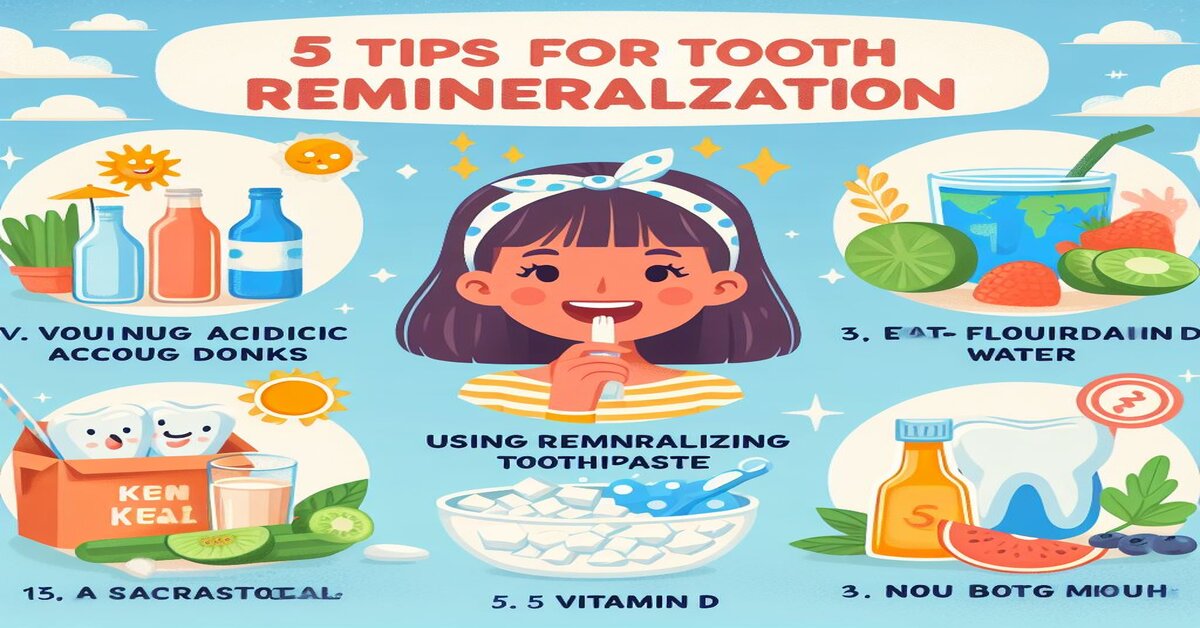
Practical Tips for Remineralization:
- To minimize the harm done to teeth, one should limit their intake of sugary and sour foods as well as chewing candies that make the enamel weak and thus prone to erosion and caries. They should eat a balanced diet with a lot of nutrients and avoid eating sugar-loaded salty snacks or drinks. This enables re-mineralization of the tooth enamel.
- Drink enough water: Water is as significant for your oral health as it is for your general well-being because there are various pieces of evidence saying that drinking sufficient amount of water stimulates saliva production. Acid flow in the mouth will become rapid since acid’s flow rate depends on how much saliva was formed during this process which controls its ph balance itself.
- Xylitol acts as a gum. Xylitol is a natural sugar substitute that is considered beneficial for the health of teeth. Chewing sugarless gum containing Xylitol enhances salivation and decreases tooth decay
- Oil Pulling, Consider oil pulling in your oral routine. Swirling coconut or sesame oil in the mouth for 10-15 minutes may decrease unhealthy bacteria, support oral health, and enhance re-mineralization.
- Regular Dental Check-ups, Nonetheless essential as a diet that focuses on remineralization, regular dental checkups are equally important. Oral hygiene is incomplete without professional examinations, cleansings and specific advice from a dentist.
Conclusion:
Nourishing your teeth naturally through remineralization is a journey towards a vibrant and healthy smile. By making mindful choices in your diet and adopting positive oral care habits, you empower your body to fortify enamel, reverse damage, and promote overall well-being. Remember, the path to a naturally nourished smile lies in your daily choices – choose wisely, and let your teeth shine with vitality for years to come.
